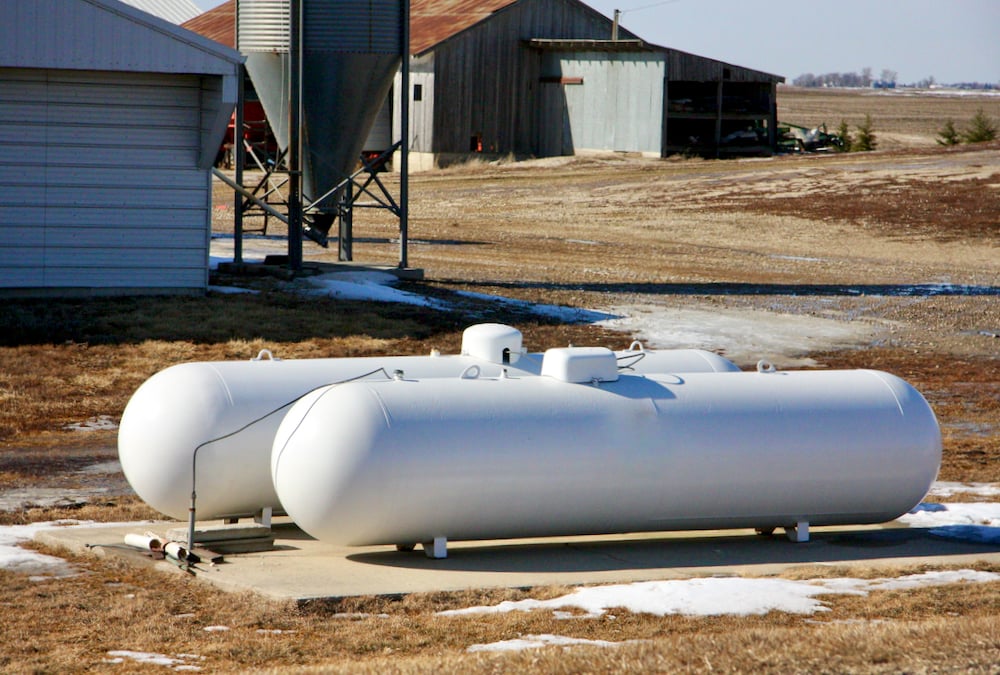Pause the hike on carbon tax, say Ontario commodity groups

Ontario’s farm organizations and its agriculture minister are urging the federal government to pause the upcoming hike to the carbon tax, set to increase by 23 per cent on April 1.
Read Also

Canada Royal Milk receives regulatory approval to begin infant formula production
Canada Royal Milk has received approval from the Canadian Food Inspection Agency (CFIA) to produce infant formula for the Canadian…
In a March 28 letter addressed to Lawrence MacAuley, federal agriculture minister and Steven Guilbeault, federal minister of the Environment and Climate Change, Ontario minister of Agriculture, Food and Rural Affairs Lisa Thompson said that due to federal carbon tax increases, Ontario’s ability to produce food for a growing population and meet export opportunities is consistently more challenging.
“Existing exemptions to the carbon tax for our farmers won’t be enough to alleviate cost pressures resulting from the carbon tax. If the tax continues to rise, Ontario farmers will be forced to pay more for their inputs, increasing the cost of food at every step along the supply chain. Neither the agriculture and food industry nor Ontario families can afford this increase.”
The letter is co-signed by the leaders of Ontario’s commodity organizations, as well as the Ontario Federation of Agriculture, the Christian Farmers Federation of Ontario, the Union des Cuiltivateurs Franco-Ontariens, Food and Beverage Ontario, Canada Protein Ingredients Ltd. and the Ontario Agri-business Association.
In a separate release, the Grain Farmers of Ontario (GFO) called on the federal government to institute a grain drying exemption to the carbon tax ahead of the April 1, 2024 increase.
“Despite the fact that farmers have no viable alternatives to dry grain and must use current technology to ensure that wet grain is dried, the federal government continues to burden farmers with this increasing tax,” the GFO said.
“It is simple: don’t tax food production. Farmers are rightfully concerned that they are being penalized for drying their grain when they have no alternatives, and Canadians are rightly confused about why the government is adding costs to food production when there are lineups at food banks across the country,” said GFO chair Jeff Harrison in the release.
The price of the carbon tax will be set at $80 a tonne as of April 1 of this year, up from $65 last year and $50 the year before that.
Source: Farmtario.com

